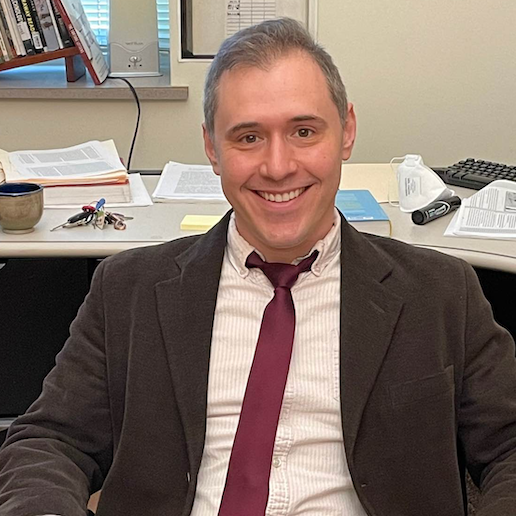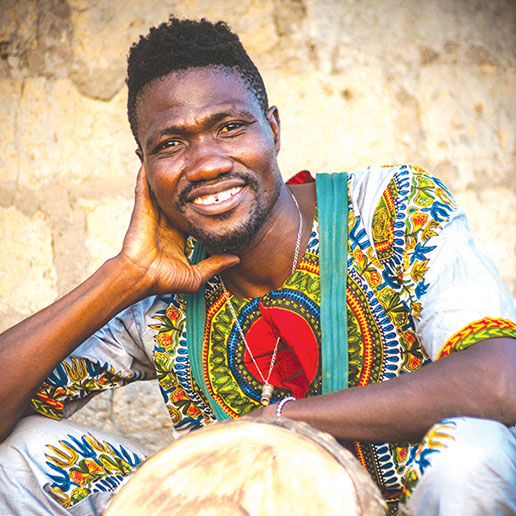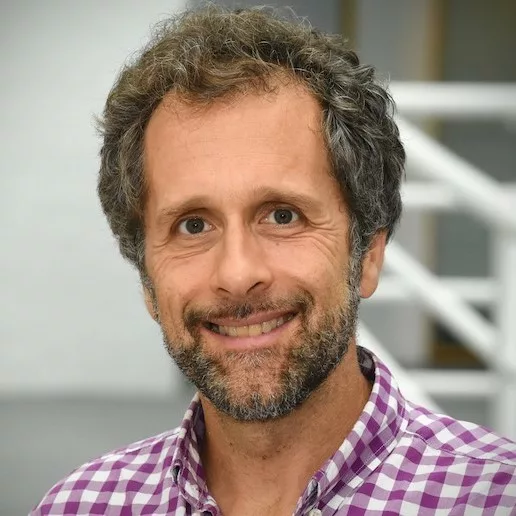Visiting Assistant Professor of Anthropology, Bates College
he/him
Joshua D. Rubin has taught in Bates College’s Department of Anthropology since 2013, and he is also a member of the program committee for Africana (formerly African American Studies). His scholarship to date has centered on sports, art, and videogame development. At Bates, Rubin has offered courses on these topics as well as on race and gender, sensory perception, popular culture in Africa, ethnographic writing, and the discipline of anthropology and its histories. He was a co-winner of Bates’ Ruth M. and Robert H. Kroepsch Award for Excellence in Teaching in 2020.

Talks
How Video Games Work
This presentation introduces the complexities of video games as a medium. Its goal is to prepare audiences to think carefully and critically about video games they encounter in the world and to better identify how games interact with, and work on, their players. Some topics considered in this presentation include video game violence, accessibility in gaming, game design and game mechanics, and the politics of representation in video game worlds.
The Politics of Rugby in South Africa
Viewers of the film "Invictus" will know something of the political importance of rugby in South Africa, particularly its role in the country's transition to a non-racial democracy. This presentation, based on over 10 years of research, adds significant complexity to this story. It takes rugby's significance beyond flags, anthems, and political leaders and into the lives of South Africans who viewed rugby as a core part of their struggle against white supremacy and who continue to find political meanings in rugby today, in South Africa's post-apartheid present.


